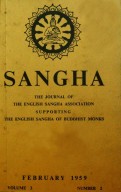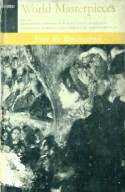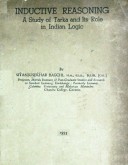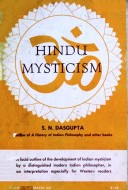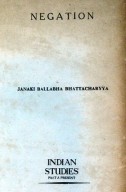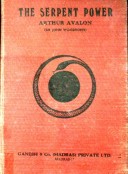Tìm Sách
Sách tiếng Anh-English >> SangHa – The Journal of The English Sangha Association
Thông tin tra cứu
- Tên sách : SangHa – The Journal of The English Sangha Association
- Tác giả : The English Sangha Association
- Dịch giả :
- Ngôn ngữ : Anh
- Số trang :
A PHP Error was encountered
Severity: Warning
Message: number_format() expects parameter 1 to be double, string given
Filename: templates_c/vn-^%%90^909^90929535%%book_detail.tpl.php
Line Number: 93
- Nhà xuất bản : The English Sangha Association
- Năm xuất bản : 1959
- Phân loại : Sách tiếng Anh-English
- MCB : 12010000003841
- OPAC :
- Tóm tắt :
SangHa – The Journal of The English Sangha Association
THE JOURNAL OF THE ENGLISH SANGHA ASSOCIATION
SUPPORTING
THE ENGLISH SANGHA OF BUDDHIST MONKS
FEBRUARY 1959
VOLUME 3 NUMBER 2
THE ENGLISH SANGHA ASSOCIATION
50 ALEXANDRA ROAD • LONDON, N.W. 8
OBJECTS OF THE ASSOCIATION
To promote the study and practice of the Teaching of the Buddha (Buddha Dhamma) and to provide all such facilities as may be necessary or desirable for this purpose.
MEMBERSHIP
All persons subscribing to the objects of the Association and undertaking to assist in the support and maintenance of the English Sangha of Bhikkhus are eligible for membership. Membership of E. s. A. £2 per annum, including copy of Sangha.
LIFE MEMBERSHIP
20 Guineas for residents in the British Isles.
15 Guineas for residents abroad.
SANGHA SUBSCRIPTION £ 1 a year for twelve issues.
Single copies 1/9 post free.
ARTICLES
All matter appearing in this magazine may be copied by other Buddhist publications unless otherwise stated.
AH communications should be addressed to
The Secretary, The English Sangha Association
50 Alexandra Road, London, N.W. 8
CONTENT
The Power of Mindfulness ……..……….. 1
By Nyanaponika Thera
Miss I.B. Horner – Letter ……………… 12
Random Thoughts at the cinema ………. 14
By Frank Jackson
Book Review. Philosophy &
Psychology in the Abhidharma ………… 18
News, Notes and Comments ……………. 21
By Pannãvaddho Bhikkhu
Editor
Sylvia Carmen
THE POWER OF MINDFULNESS
An Enquiry into the Scope of Bare Attention and the Principal Sources of its strength
By Nyanaponika Thera (continued)
It needs hardly to be mentioned: habit (which was rightly called “the wet-nurse of man”) cannot and should not disappear from our life. Let US only remember what a relief it is particularly in the crowded day and complex life of a city-dweller, that he can do a great number of things fairly mechanically, with, as it were, only “half- powered attention”. It means a considerable simplification of his life. It would be an unbearable strain, if all that had to be done with deliberate effort and close attention. In fact, many products of manual labour, much of the technique in art, and even standard procedure in complex intellectual work, will generally bring better and more even results through skilled routine performance. It will show symptoms of fatigue, if it is not enlivened * by the creation of new interest in it.
There is, of course, no question of our advocating here the abolishment of all our little habit8 as far as they are innocuous or even useful. But we should regularly convince ourselves whether we have still control over them, that Ỉ8, whether we can give them up, or alter them, whenever wanted. We can make sure of it, firstly, by attending to them mindfully for a certain period of time, and secondly, by actually giving them up temporarily in cases where this will not have any harmful or disturbing effects upon ourselves or others. If we turn on them the light of direct vision, looking at them or performing them, as if seen or done for the first time, these little routine activities, and the habitual sights around US, will assume a new glow of Interest and stimulation. This holds good also for our professional occupation and its environment, and for our close human relationships if they should have become stale by habit. The relation to one’s marriage partner, to friends, colleagues, etc., may thus receive a great rejuvenation. A fresh and direct vision will also discover that one can react to people, or do things, in a different and more beneficial way, than done before habitually.
An acquired capacity to give up little habits will prove its worth in the fight against more dangerous proclivities, and also at times when we are faced with serious changes in our life which by force deprive US of very fundamental habits. Loosening the hardened soil of our routine behaviour and thoughts, will have an enlivening effect on our vital energy, our mental vigour, our power of Imagination, and, what is most important, into that loosened soil we shall be able to plant the seeds of vigorous spiritual progress.
More details at http://thuvienphatgiaoonline.com
 Facebook
Facebook
 Google
Google
 Google+
Google+
